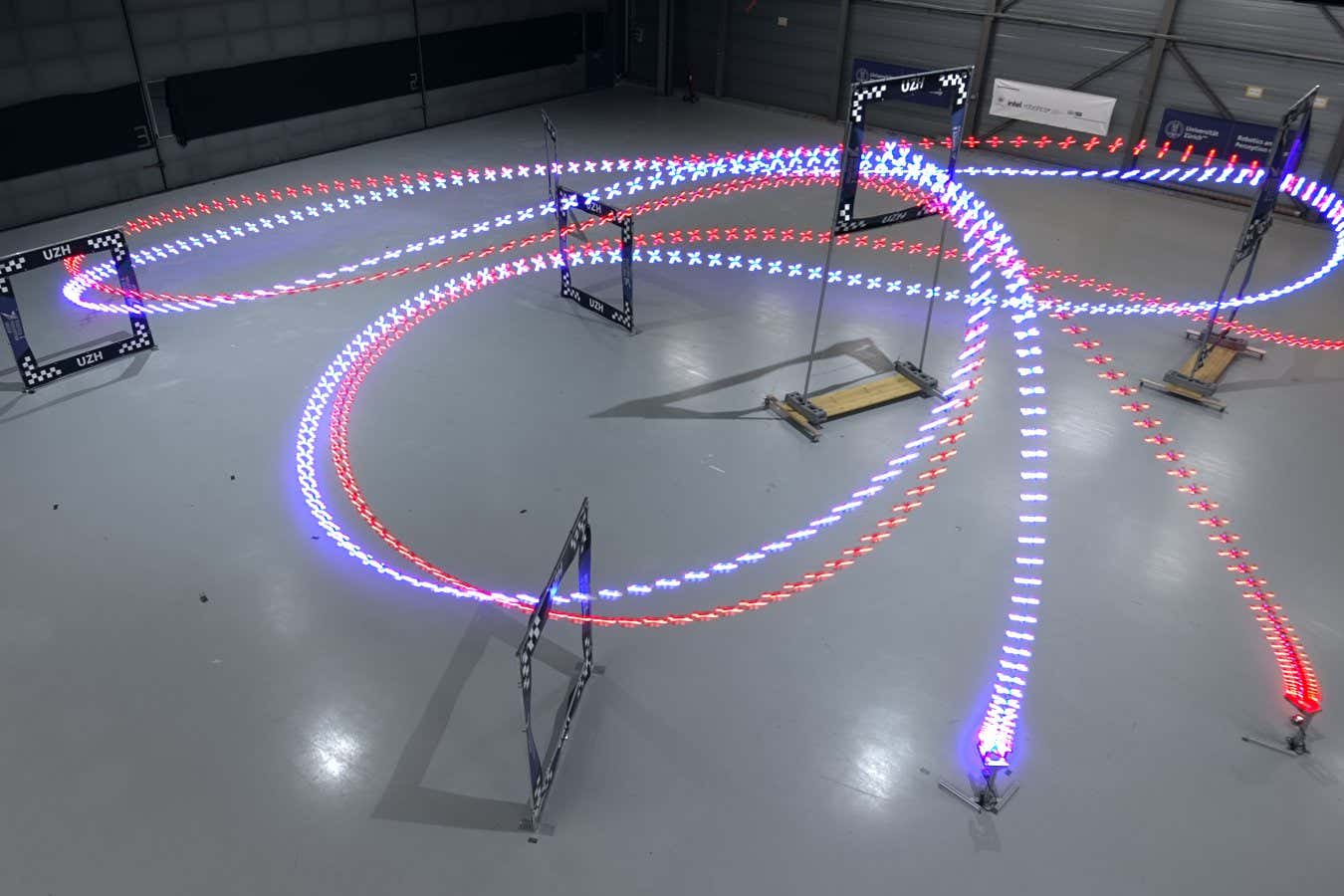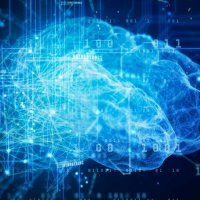Implant lets people type on virtual keyboards with just brain signals

In an exciting turn of events, artificial intelligence (AI) has taken the world of drone racing by storm, proving its superiority over champion human pilots. The emergence of AI technology has pushed the boundaries of what's possible in the field of competitive drone racing, captivating audiences and enthusiasts alike.
Traditionally, drone racing has been dominated by human pilots who possess exceptional piloting skills and quick reflexes. However, recent developments in AI algorithms, machine learning techniques, and advanced drone designs have led to the creation of autonomous racing drones that rival, and even surpass, human capabilities.
One of the key advantages of AI-powered drones is their ability to process vast amounts of data and make split-second decisions that would be impossible for human pilots. With the help of powerful processors and complex algorithms, these autonomous drones can analyze their surroundings in real-time, adapt to changing conditions, and calculate the optimal trajectory to win races.
Machine learning plays a vital role in enhancing the performance of AI-powered drones. By training these drones on extensive datasets and exposing them to various racing scenarios, they can learn from experience and improve their racing strategies. Over time, the AI algorithms become more refined, enabling the drones to navigate the racing tracks with unmatched precision and agility.
In head-to-head drone races, AI demonstrates its superiority by consistently outperforming even the most skilled human pilots. The AI-powered drones can maneuver through intricate obstacles, execute complex aerial maneuvers, and maintain remarkable speed throughout the race. These autonomous drones possess a level of control and precision that surpasses human capabilities, giving them a distinct advantage in competitive racing.
Moreover, AI-driven drones excel in analyzing and exploiting their opponents' weaknesses. By studying the racing patterns and strategies of human pilots, these autonomous machines can anticipate their moves and quickly adapt to gain a tactical edge. In a sport where split-second decisions determine victory or defeat, AI proves to be a formidable opponent.
The rapid progress in AI-driven drone racing has sparked both enthusiasm and debate. While some view AI as a threat to the traditional human-led sport, others recognize its potential to revolutionize the field. AI-powered drones open up a whole new realm of possibilities, where races can reach new heights of speed, complexity, and excitement.
As AI continues to evolve and improve, it's likely that we will witness even more astonishing feats in the world of drone racing. The competition between human pilots and AI-driven drones will continue to push the boundaries of innovation, ultimately benefiting the sport as a whole. Whether as teammates or rivals, humans and AI are set to shape the future of drone racing, captivating audiences with adrenaline-pumping spectacles that showcase the power of technology.
Comment
Popular Posts
- 1
- 2
- 3
- 4
- 51 year ago
Latest Posts
- 19 minute ago
- 2
- 329 minute ago
- 4
- 5
Categories
- World 13202 Post
- Knitting 18 Post
- General 17 Post
- Travel 183 Post
- Technology 12250 Post
- Movies and Series 14105 Post















There are no comments yet.